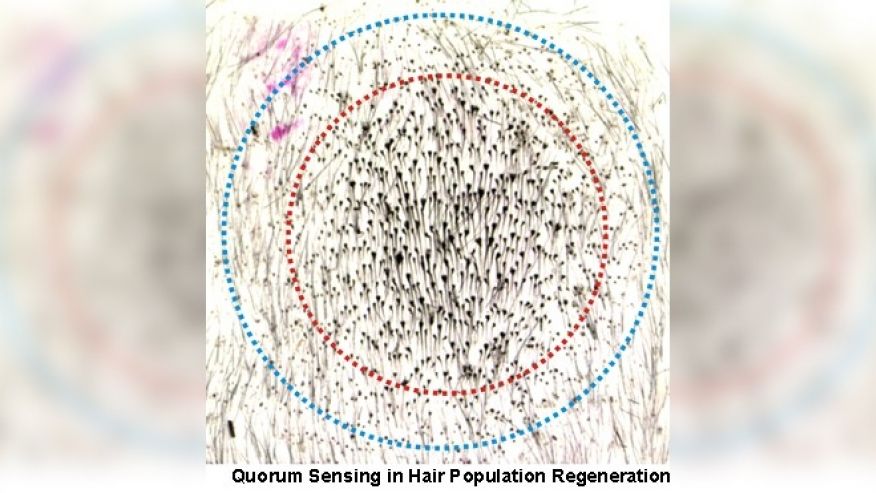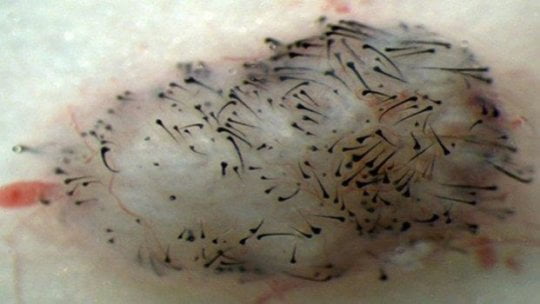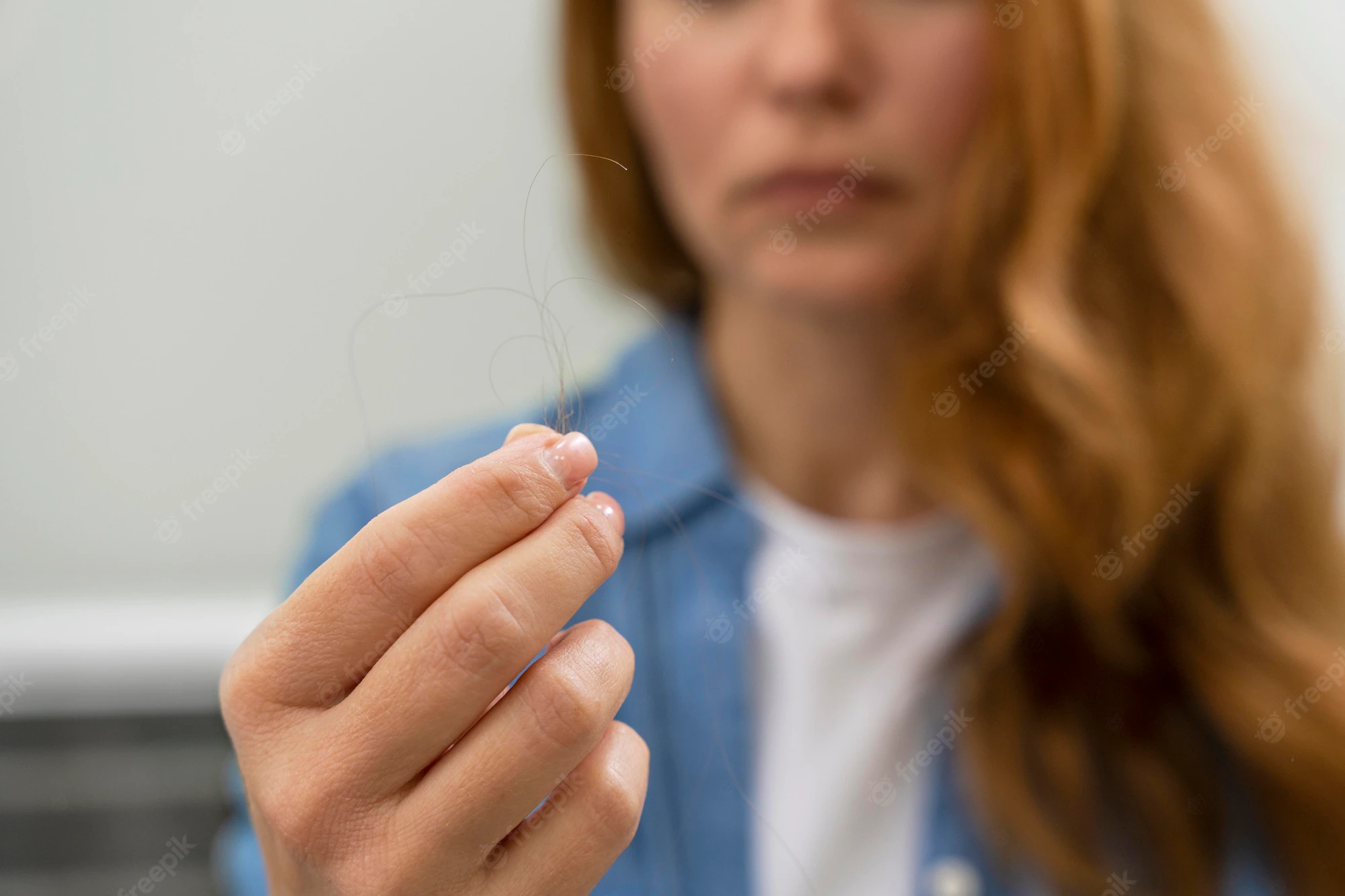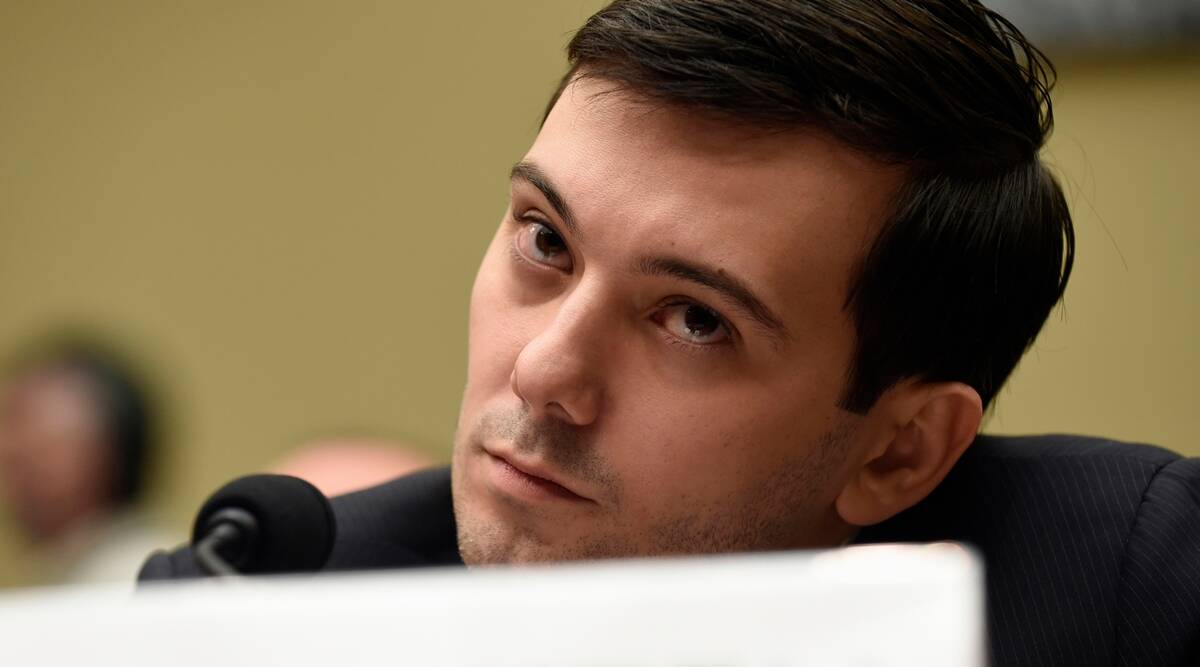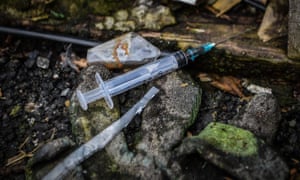
Scotland is a place where “the rich get rehab and the poor get methadone”, according to recovering drug addicts who are calling for a radical re-balancing of treatment services across the country.
Favor (Faces and Voices of Recovery) UK set up their “You Keep Talking, We Keep Dying” campaign in response to what they consider chronic inaction from politicians and service providers, after figures revealed a 27% increase in drug-related deaths in Scotland over the past year. The toll reached a record high of 1,187, putting the country on a par with the US in terms of the fatality rate per capita.
Sharing powerful stories of families and communities ravaged by addiction and deaths in a community centre in Possilpark, north-east Glasgow, on Friday morning, residents estimated there had been at least another three drug-related deaths in that area alone in the past week as they begged politicians to “cut through the waffle”.
The recovery charity is calling on the Scottish government to officially declare a public health emergency, as it launches a report based on more than 1,600 contributions from Glaswegians.
It is also recommending a 35% increase in the national treatment budget to offset previous cuts, and greater accountability for those involved in opioid substitute therapy, usually methadone, which is given to heroin addicts to help them manage their addiction more safely.
While the report says there is still a place for high-quality substitution treatments, it argues that far more focus should be placed on providing the sort of wraparound support that helps addicts to stop using drugs completely.
Annemarie Ward, the chief executive of Favor UK, said: “We know there are only 14 abstinence-based beds in Glasgow, according to recent reports, yet people are paying to come to Scotland to attend treatment facilities like Castle Craig.
“Substitution therapy is not the same thing as treatment; it’s just a script-and-go service for most people. It has to work alongside psychosocial support, so people can look at the issues that caused them to get unwell in the first place.”
The report also calls for more research into the outcomes of substitution and abstinence-based therapies. It warns against pursuing decriminalisation, currently being considered by the Scottish government’s taskforce, and Glasgow city council’s flagship policy of a safe injecting room, at the expense of action to improve rehabilitation and treatment services that can be taken immediately without any transfer of powers from Westminster.
As the climate crisis escalates…
… the Guardian will not stay quiet. This is our pledge: we will continue to give global heating, wildlife extinction and pollution the urgent attention and prominence they demand. The Guardian recognises the climate emergency as the defining issue of our times.
You’ve read 8 Guardian articles in the last month – made possible by our choice to keep Guardian journalism open to all. We do not have a paywall because we believe everyone deserves access to factual information, regardless of where they live or what they can afford.
Our independence means we are free to investigate and challenge inaction by those in power. We will inform our readers about threats to the environment based on scientific facts, not driven by commercial or political interests. And we have made several important changes to our style guide to ensure the language we use accurately reflects the environmental catastrophe.
The Guardian believes that the problems we face on the climate crisis are systemic and that fundamental societal change is needed. We will keep reporting on the efforts of individuals and communities around the world who are fearlessly taking a stand for future generations and the preservation of human life on earth. We want their stories to inspire hope. We will also report back on our own progress as an organisation, as we take important steps to address our impact on the environment.
We hope you will consider supporting the Guardian’s open, independent reporting today. Every contribution from our readers, however big or small, is so valuable.
[“source=theguardian”]



